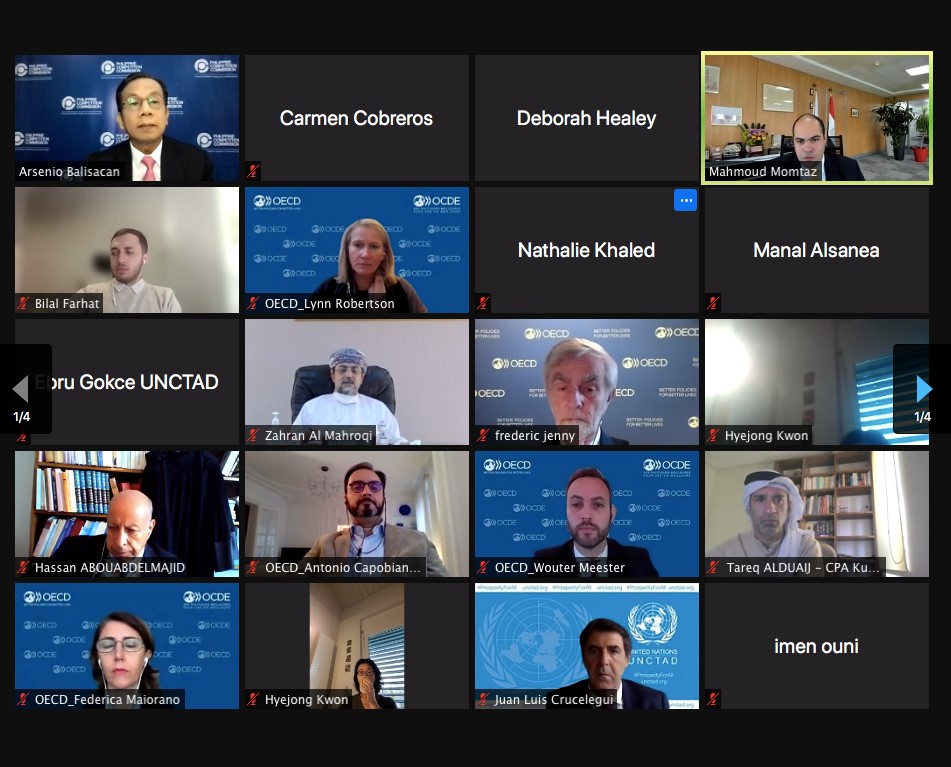This joint ESCWA, United Nations Conference on Trade and Development and Organisation for Economic Co-operation and Development webinar aims to raise awareness of the principles of competitive neutrality and its importance in promoting economic growth and creating an effective and attractive business environment. Competition authorities from around the world are presenting their experiences of competitive neutrality, particularly measures taken to ensure a fair level of competition between different types of companies in a way that supports the interests of both consumers and the economy.
This webinar is part of the series of Arab Competition Dialogues that followed the second Arab Competition Forum. The topic was selected in response to the results of a survey circulated to Arab countries.

